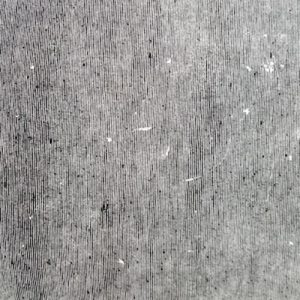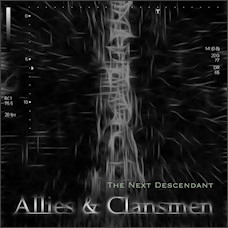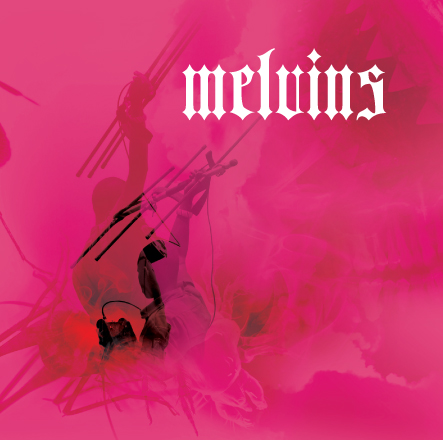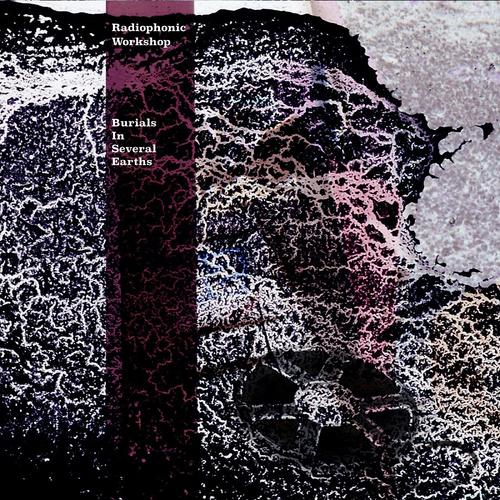 I think this didn’t leave the CD player for a good ten listens when it came through. I wouldn’t say I was one of those Low fans. I was mostly indifferent for the last twenty years or so. But Double Negative really was a massive shot in the arm. Either for me or the band, who knows.
I think this didn’t leave the CD player for a good ten listens when it came through. I wouldn’t say I was one of those Low fans. I was mostly indifferent for the last twenty years or so. But Double Negative really was a massive shot in the arm. Either for me or the band, who knows.
This feels massively like a companion piece to Double Negative. But also I went back and listened to a bunch of Low’s earlier material. So from my squinty, poorly-lit look at what they’ve been up to in general, across their career, I think it’s kind of important to think of them as arrangers.
My point really is that Low may have operated somewhere near the art-rock, sensible indie world, but rightly they’re proper songwriters. There’s nothing arch or self-conscious about their writing; for all the ambiguous sentiment their lyrics have consistently been well-metered in a way that their apparent musical contemporaries don’t have the discipline to match.
There’s a comparison that always baffled me — that Low are somehow like an Emmylou and Gram proposition. In a sense, there’s nothing country about Low (besides maybe religious affinity) — the songs never quite resolve a narrative, the characters aren’t first person, they don’t speak to or from a community. In another sense though, writing very carefully, arranging very particularly, is close to ’70s Nashville. Anyway. So that’s where I’m at with Low in general. I go through all this to make the point that Hey What is part of a continuum of Low. Double Negative maybe went more heavily, deeper into the “what” of arranging Low, but there was never a point where it didn’t sound like Low. Hey What, maybe, is like peeling just a layer or so of opacity away from Double Negative‘s brilliant, foreboding hide.And the music, the songs. Still what’s at the core. The third beat syncopation of the repeated “All Night” on (ahem) all night; the bone fide heartbreakingly gorgeous “Don’t Walk Away”. The tight and arresting harmonies. Mimi Parker‘s voice in general. The otherworld anthem which is opener “White Horses”.
So something I also wanted to crowbar in — the shocking thing, perhaps, about Double Negative was that it was such a severe, extreme distortion. And I’ve been trying to thumb what it is about that that separated it from superficially similar records — from My Bloody Valentine‘s Loveless to Tim Hecker‘s Ravedeath, 1972 (and plenty in between and beyond), there’s been a lot of records of melodies swamped in prickly distortion. What the likes of Loveless lack, for my money, is the actual songwriting. In turn, Low show up that kind of thinking as a kind of one-dimensional approach – so fully consolidating the fuzz into the actual songs as to make it seem symbiotic with the songs, rather than an effect to mask a lack of actual song. Yes, I do mean MBV.Anyway. Strongly a record of the year, and a record of most years. (I might side a bit more with Double Negative BUT that’s not what’s important right now).
-Kev Nickells-



